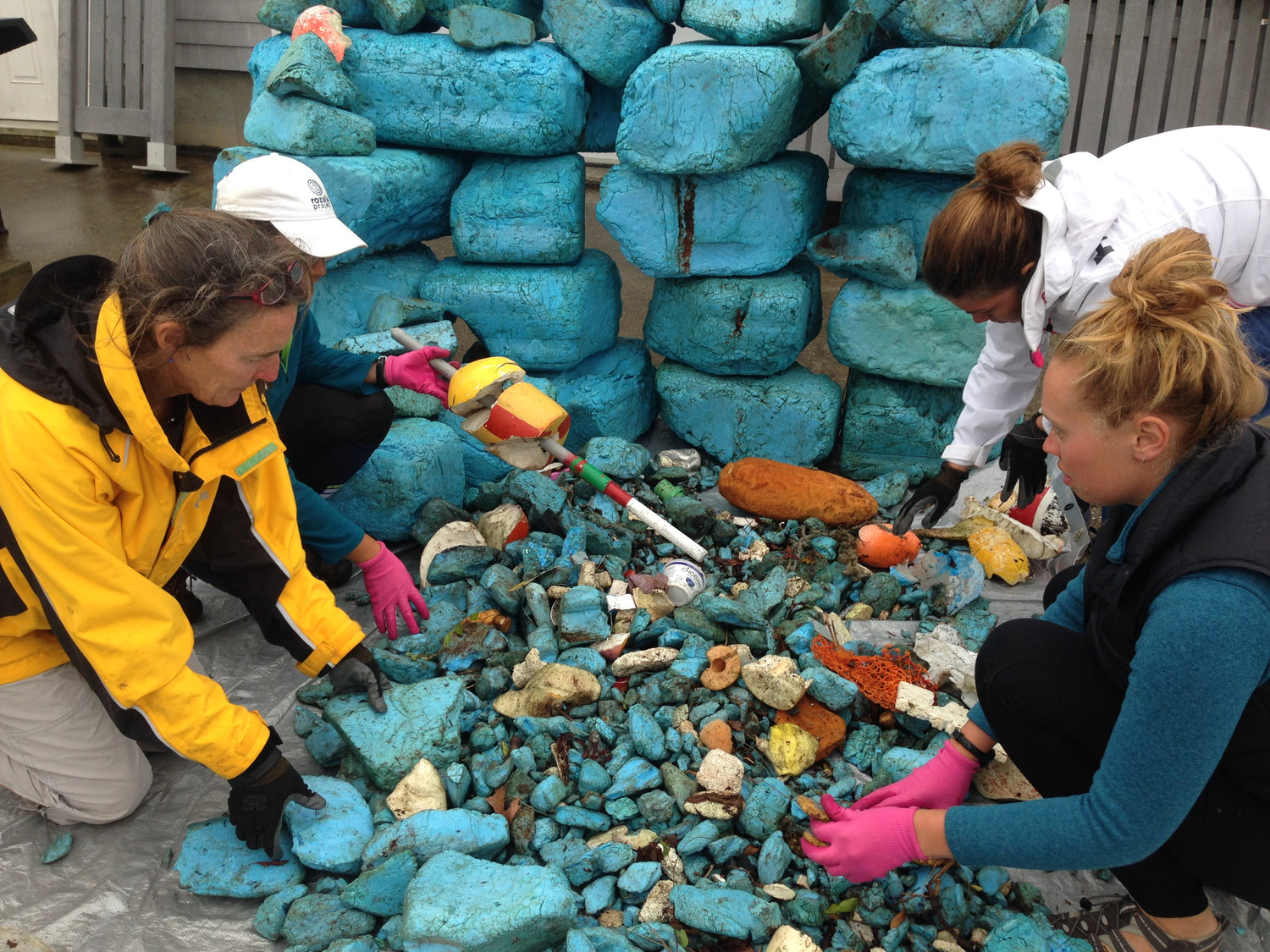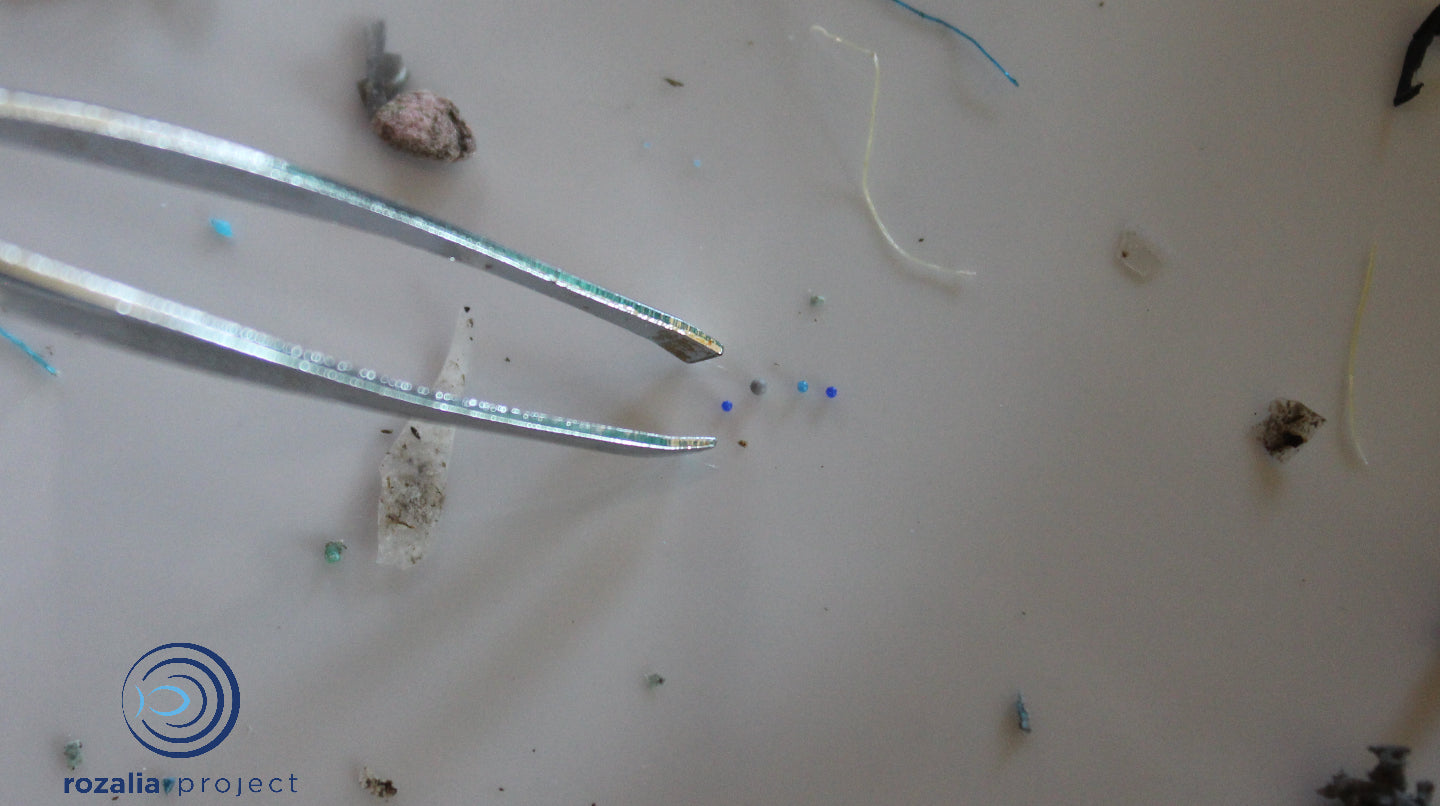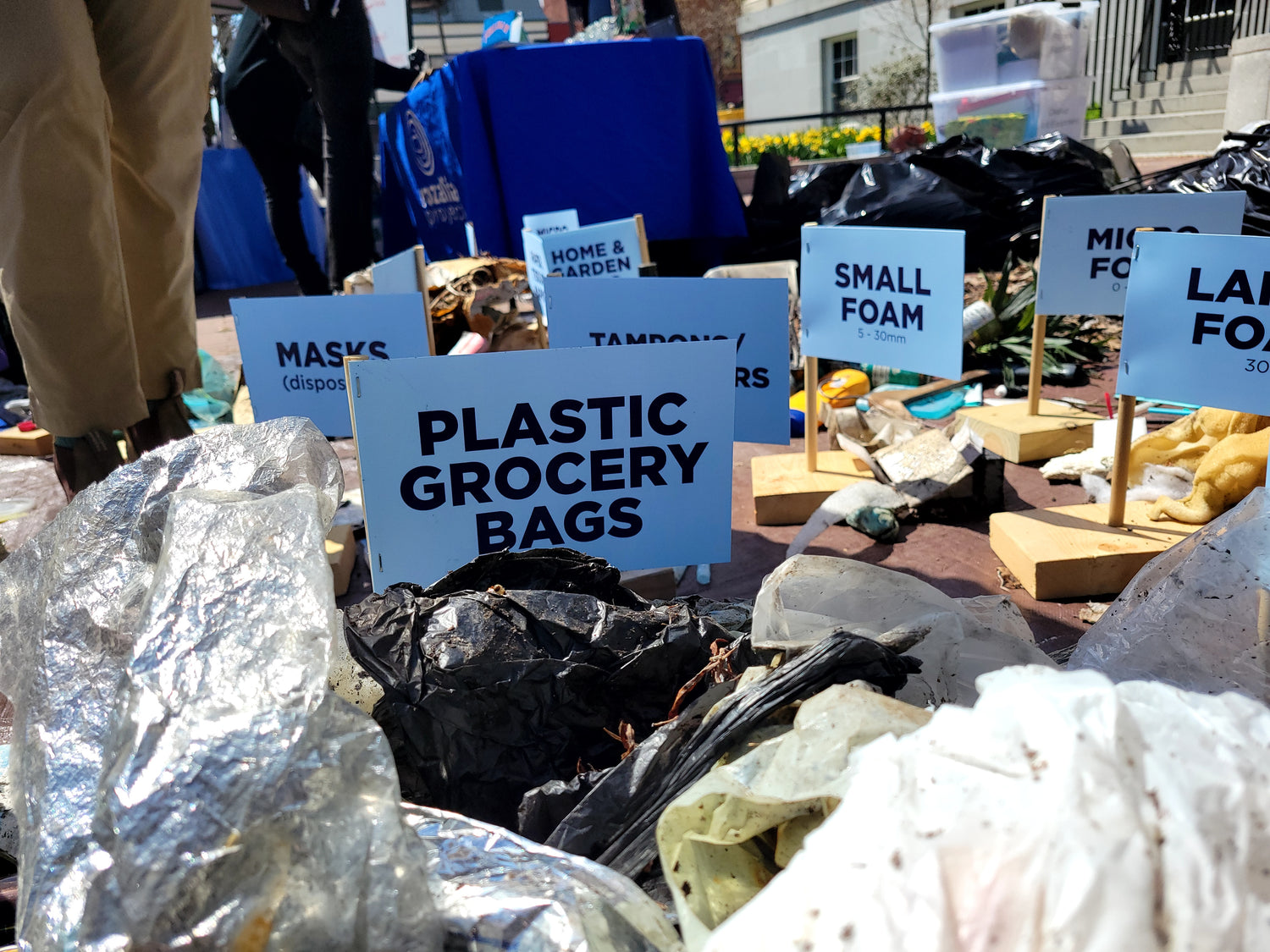Policy for the Ocean
When the status-quo gets in the way of progress, we need policies to enact change. Here are some of the times the data collected by the Rozalia Project team moved the needle and helped craft meaningful laws to protect our waterways and our ocean.

Dock foam legislation
After the agonizing discovery of unprotected expanded polystyrene (EPS) foam docks rapidly breaking down - from everyday abrasion the moment they are put into the water to storm damage producing thousands upon millions of microfoam particles - Rozalia Project, together with VPRG, successfully lobbied for a law banning this type of dock floatation in Vermont. This is just the first stage to protecting Lake Champlain, all waterways and the ocean from dock foam pollution.

Banning microbeads
We discovered microbeads in the surface waters of Lake Champlain and her data was used to help pass Vermont state legislation banning microbeads from cosmetic products in 2015.
Later the same year, President Obama signed a national microbead ban into law, which then went into effect 2018.

Bag tax, not bag ban
Plastic bags are an often-cited piece of debris in lakes, rivers and the ocean. Over years of data cleanups on shorelines, the data revealed that plastic bas and paper bags were being discarded full of single-use food wrappers and trash.
This data informed Vermont policy to not just ban plastic grocery bags at checkout, but apply a 5 cent fee on any single-use grocery bags. This decision changes how the consumer values the bag, discourages discarding them and encourages the use of reusablge bags.